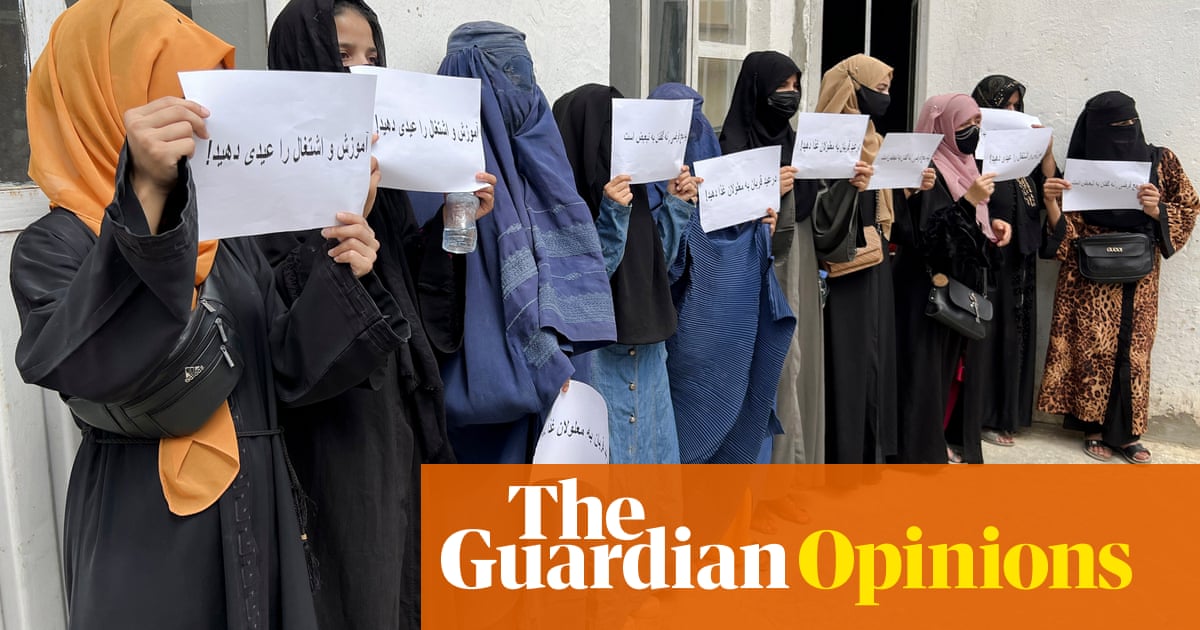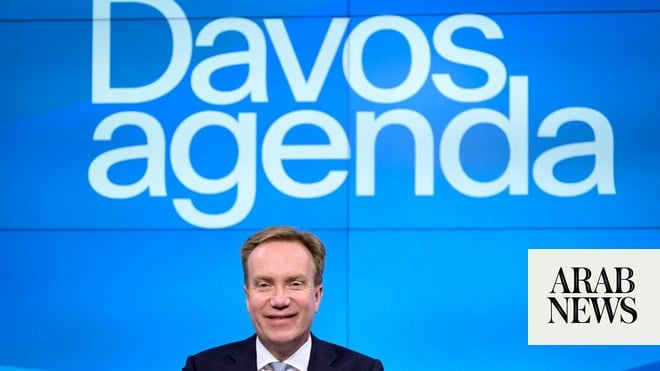
Despite progress, panelists call for structural changes, citing fact that three quarters of the world’s legislators are male
DUBAI: Davos turned its attention to the topic of gender parity at a panel on Thursday, a goal that has proven elusive for many countries around the world, including those in the Arab region.
Speaking at the World Economic Forum (WEF), in a session titled “Social mobility: getting to 50-50 gender parity,” the world’s youngest serving prime minister, Sanna Marin of Finland, highlighted the importance of age and gender diversity on the process of decision making.
At just 34 years, Marin, who took office in December, is heading a coalition with four other parties led by women, with all but one under the age of 35.
“I don’t focus on the media attention too much, even though I know it is seen as ‘different’ to have so many women in power … but I hope that in the future, this will be seen as normal,” she told the audience.
Discussing her country’s cabinet, she underlined the government’s commitment to building a future that was socially and economically sustainable by ensuring inclusivity of diverse backgrounds, ages and gender in the course governance.
On Finland’s present challenges on the topic of gender, she said further efforts were needed to achieve, among other things, equal parental leave and equal pay between working men and women.
Describing the business world as “conservative,” Marin called gender inequality a “society problem” and not a women’s issue, referencing “unconscious” discrimination by company heads and HR departments in the hiring process as an example.
She mentioned a common trend seen in the private sector, where “men in power” sought similar minded, and similar looking, people, who they believed by extension to be more qualified.
She also referred to unequal representation of men in the healthcare and education sectors as another issue facing many countries today, including Finland.
“We need to work on creating an equal and transparent structure in society, and we need governmental laws in place,” said Marin.
In a separate panel, Iman Al-Mutairi, Saudi Arabia’s assistant minister of commerce and investment, reiterated that making sustainable change to further drive women’s empowerment in the Kingdom needed to be done “through a legislative framework” to see real progress.
“Saudi women right now represent 20 percent of entrepreneurs in Saudi Arabia — 50 percent of our graduates are females, and 54 percent of these women are in STEM, learning science and technology,” she said. “This is power to the economy that we need to build on.”
France’s Minister of Labour Muriel Pénicaud described the gender equality movement as one with “momentum,” that was in urgent need of further acceleration.
She cited an equal pay law passed by the French parliament last year that aimed to promote professional equality between men and women, calling it a step in the right direction.
The law requires companies with a minimum of 50 employees to fulfill specific pay gap indicators within a three-year timeframe in order to avoid financial penalties and sanctions.
Given that the Index of Equal Pay had predicted a time frame equivalent to “five generations” to achieving equal wages between men and women, Pénicaud said governments “need to play on repetition, transparency, laws and leadership to make it happen” at much faster pace.
“Today 60 percent of workers in the world have informal jobs, and more than 80 percent of them are women. This means no social security, no retirement and no real pay,” she said.
Also speaking at the gender-parity session, Phumzile Mlambo-Ngcuka, undersecretary-general and executive director at the UN Entity for Gender Equality and the Empowerment of Women, called the low representation of females in leadership roles across the world “a governance issue.”
She said the number of women in senior leadership roles did not reflect the progress made by women girls in education around the world, due to the lack of regulations in the labour market.
“We cannot say the issue of gender inequality has been addressed, that is the illusion of change,” said Mlambo-Ngcuka.
Troubled by the fact that 75 percent of legislators who make decisions for populations around the world are men, she called on governments to work on cementing shared “regulations, quotas and targets” that could measure and accelerate the progress of women into positions of authority.












